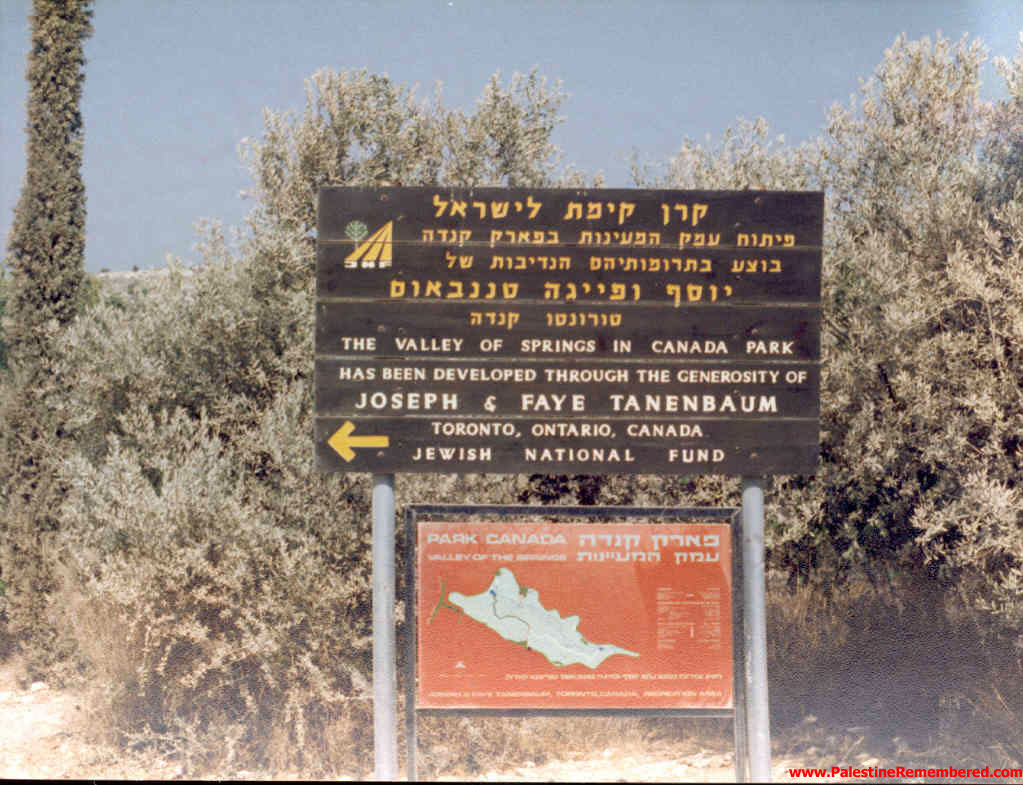Category: In the Media
-
Anglican Bishop of Jerusalem’s visa revoked
02 March 2011 | Arieh Cohen Sheil Dawani is considered a foreigner, having been born in Nablus, while the Anglican cathedral and offices are in East Jerusalem. Without a visa, in theory he can be arrested and deported at any time. Appeal already submitted to an administrative tribunal could have the negative effect of giving…
-

Palestinian refugees supporters protest Canada Park
21 February 2011 | The Alternative Information Center Palestinian, Israeli and international activists gathered in front of the Representative Office of Canada to the Palestinian Authority in Ramallah and the Embassy of Canada to Israel in Tel Aviv for protest vigils on Monday (21/2) organized by the Committee for the Defense of the Rights of the…
-
Israeli troops kill Gaza fishermen
17 February 2011 | Al Jazeera Israeli soldiers have killed three Palestinian fishermen along the Gaza-Israeli border, Palestinian medics have said. Gaza’s ministry of health said on Thursday that the men were killed overnight in the north of Gaza, near Beit Lahiya, while they were working with their nets on the shore. The medics said…
